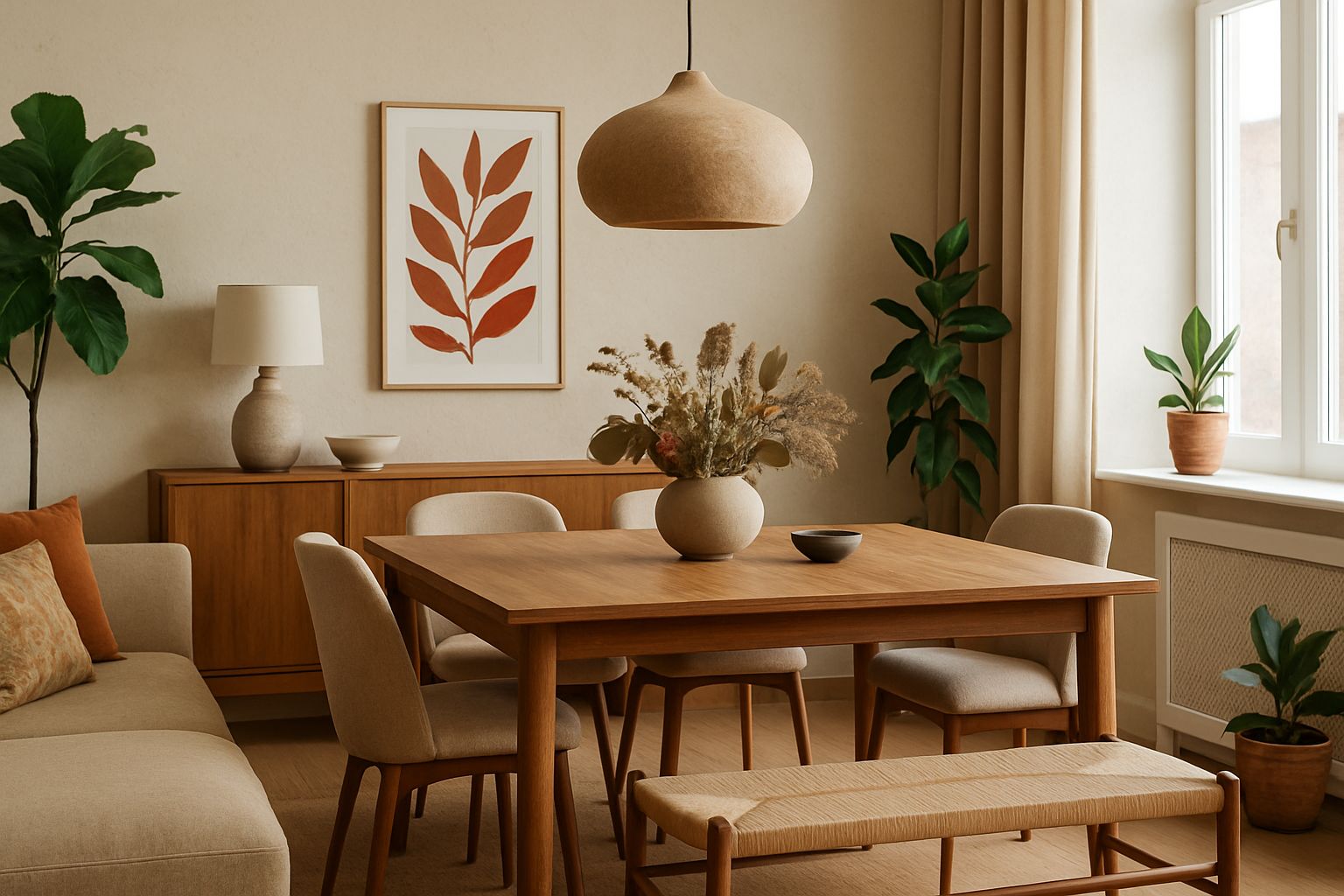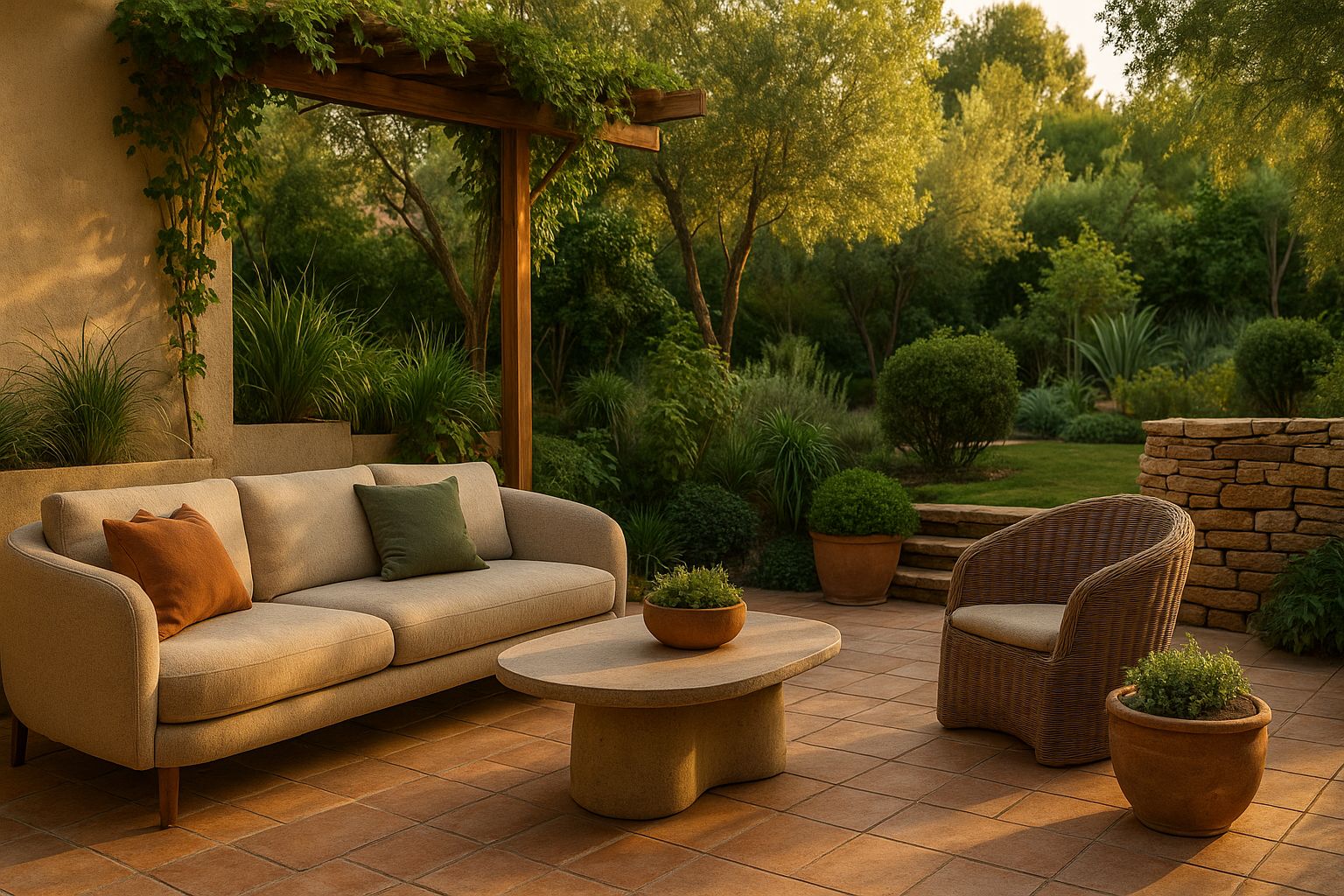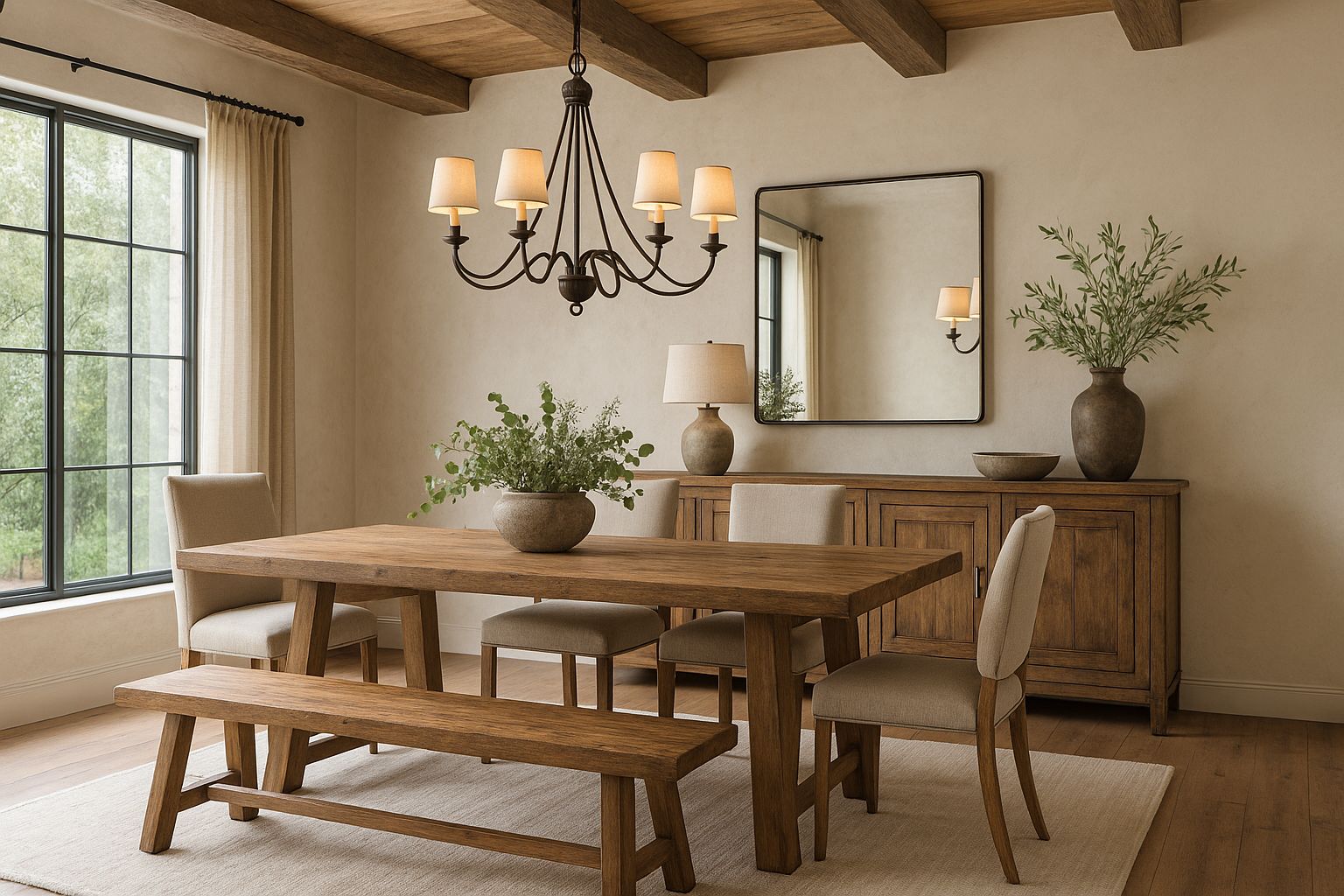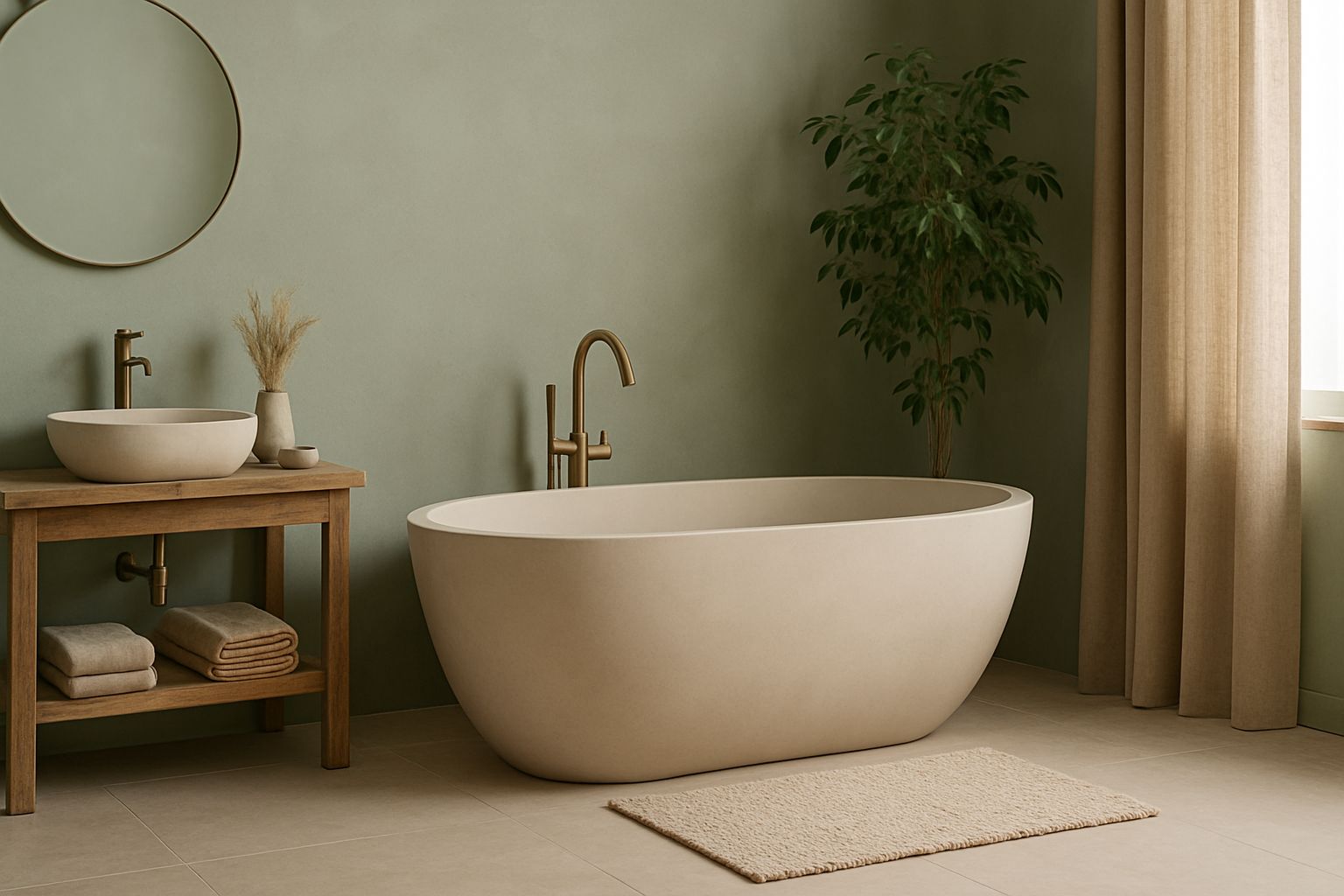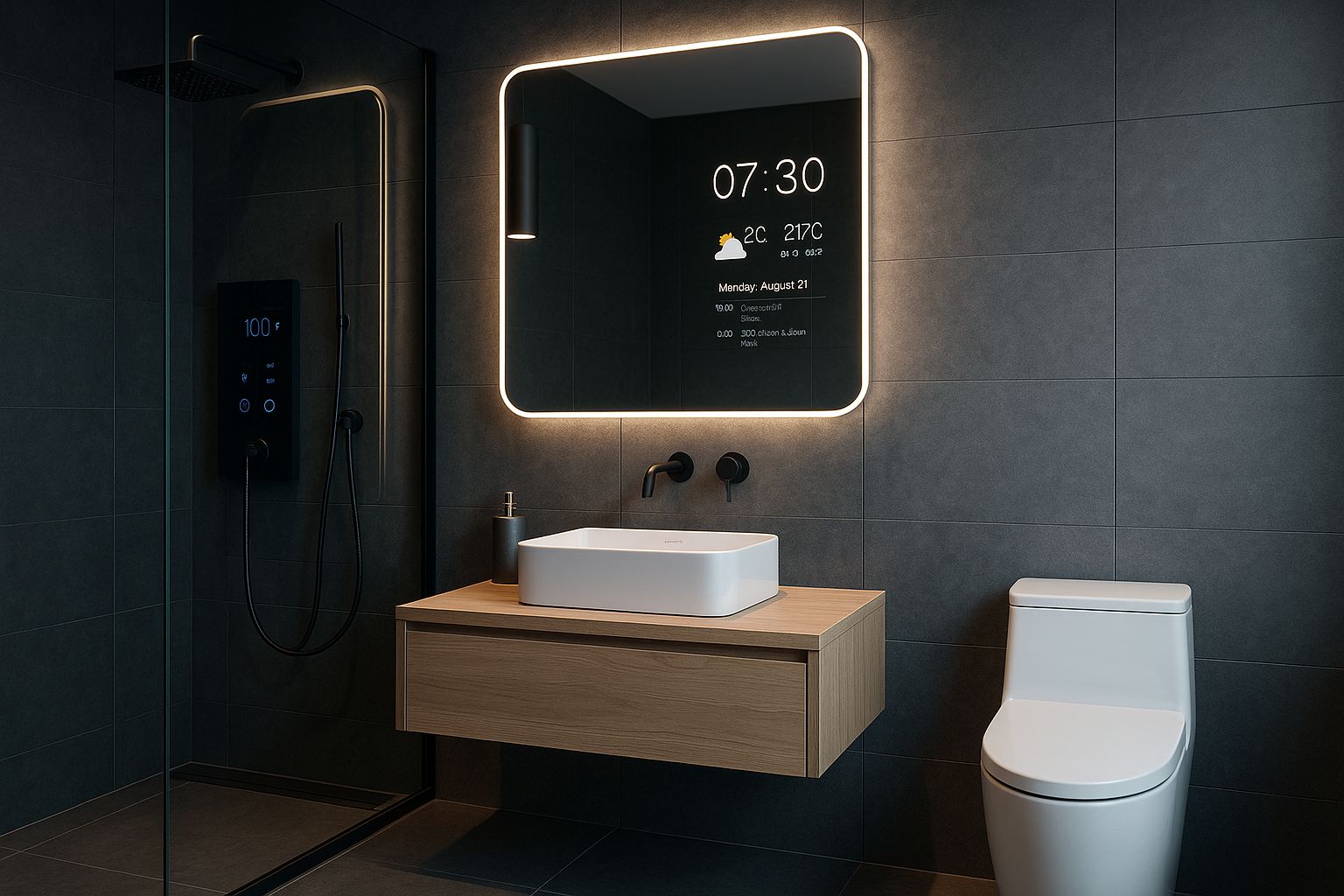In 2026, dining rooms are evolving into more than just spaces for eating — they’re becoming intimate stages for memorable gatherings, infused with character, comfort, and contemporary style. Whether hosting a cozy dinner with friends or a festive celebration, how you design your dining area plays a crucial role in shaping the overall experience.
This year’s dining room décor trends focus on comfort-driven aesthetics, intentional design, and multi-sensory environments that elevate every gathering. Below, we explore the most relevant and emerging trends that are redefining dining spaces in 2026.
Warm Minimalism Returns: Simplicity Meets Soul
The minimalism of the past often felt cold or sparse. In 2026, warm minimalism takes center stage by marrying clean design with cozy elements that invite people to linger longer.
What Defines Warm Minimalism?
- Natural textures like linen, oak, raw ceramics, and wool add depth and tactility.
- Earth-toned color palettes such as sand, clay, and mushroom create a soothing base.
- Functional design is prioritized, with furniture offering both style and purpose.
Designer Insight:
“People are leaning into design that looks polished but feels like home. The warmth comes through in material choices and soft layering,” says Caroline Li, interior stylist at Atelier Haven.
Popular Warm Minimalist Pieces:
| Item | Description |
| Solid oak dining tables | Timeless, sustainable, and effortlessly stylish |
| Linen table runners | Lightweight, breathable, and casually elegant |
| Modular open shelving | Perfect for displaying curated ceramics or books |
Hosting Benefit:
Warm minimalism supports effortless entertaining — there’s nothing overly ornate to fuss over, allowing the host to focus on connection, not perfection.
Statement Lighting as the Focal Point
In 2026, dining room lighting is doing more than brightening the space — it’s setting the tone, creating ambiance, and often serving as the conversation starter.
Trending Lighting Features:
- Oversized chandeliers in sculptural or asymmetrical forms.
- Sustainable lighting made from recycled glass, brass, or bamboo.
- Smart lighting systems that adjust color temperature and intensity with your voice or smartphone.
“Lighting is the jewelry of the room. The right piece doesn’t just illuminate, it elevates,” says Armand Velasquez, lead lighting designer at LumiForm.
Popular Lighting Styles for Gatherings:
- Soft gold finishes for warmth and elegance
- Rippled glass pendants for texture and movement
- Tiered lighting (chandeliers + wall sconces + candles) for layered ambiance
Hosting Tip:
Install dimmable bulbs or smart switches to shift from bright family dinners to moody cocktail hours with ease. A warm hue of 2700K to 3000K is ideal for a flattering, cozy glow.
Earthy and Saturated Color Palettes
Color in 2026 is bold yet grounded. It’s about creating depth, evoking emotion, and offering visual interest without overwhelming the senses — perfect for dynamic gatherings.
Key Colors in Dining Room Décor:
| Color | Mood Evoked | Ideal Pairings |
| Terracotta | Warmth & creativity | Creams, brass, moss green |
| Olive green | Calm & connection | Natural wood, linen, dark neutrals |
| Deep plum | Sophistication & drama | Gold accents, black, textured fabrics |
| Burnt sienna | Energy & intimacy | Rattan, beige, soft white |
How to Use These Colors:
- On accent walls to anchor the space.
- In upholstery and curtains for richness.
- Through ceramic dishes, vases, and art for pops of pigment.
Why It Works for Gatherings:
Earthy tones are proven to stimulate appetite and conversation. Richer hues like plum and sienna create a cocoon-like atmosphere that encourages guests to stay and savor the moment.
Sustainable and Local Materials Take Center Stage
Eco-conscious living is no longer a fringe movement — it’s a lifestyle choice that’s deeply influencing 2026 dining room decor. Homeowners are prioritizing sustainable materials and local craftsmanship to create dining spaces that reflect both their values and aesthetic preferences.
Sustainable Décor Elements on the Rise:
- Reclaimed wood tables with natural imperfections and unique grain.
- Upcycled metal chairs from vintage industrial pieces.
- Handwoven rugs using organic wool or jute.
“When you choose sustainable furniture, you’re not just buying a piece — you’re investing in a story,” says Leena Murray, founder of Conscious Nest Interiors.
Benefits for Gatherings:
- Natural materials add warmth and texture.
- Locally made items are conversation-worthy centerpieces.
- Choosing sustainable decor helps support green living and ethical sourcing.
Multi-Functional Dining Spaces for Modern Living
With hybrid lifestyles becoming the norm, dining rooms are being reimagined as multi-use spaces that flex with your daily routine. In 2026, it’s all about combining functionality and elegance, especially when you’re hosting.
Key Multi-Functional Trends:
- Expandable dining tables for both intimate dinners and larger parties.
- Built-in cabinetry that hides tech or transforms into a buffet station.
- Convertible layouts that double as a workspace or play area.
Case Study:
The Thompsons’ Urban Loft, NYC
The family redesigned their dining area with sliding panels that open to reveal a mini-bar and workstation. By day, it functions as a home office. By night, it transforms into a chic dinner party spot with ambient lighting and hidden wine storage.
Why It Works:
This approach maximizes space, reduces clutter, and supports various hosting styles — from brunches to work dinners — without compromising style.
Upholstered Seating and Bench Trends
Dining chairs aren’t just about style — they directly impact how long your guests stay and enjoy themselves. In 2026, expect an influx of plush, upholstered seating designed for comfort and conversation.
Popular Seating Styles:
- Channel-tufted chairs with performance velvet for a retro-modern look.
- Curved backrests that cradle the spine and feel luxurious.
- Banquette seating along walls or corners with integrated drawers for storage.
| Seating Type | Material | Ideal For |
| Upholstered chairs | Velvet, performance fabric | Formal dinners, long meals |
| Built-in benches | Wood + cushions | Casual brunches, kids-friendly |
| Mixed seating | Wood + fabric | Eclectic, visually dynamic setups |
Bonus Tip:
Choose stain-resistant fabrics like Crypton or Sunbrella if you frequently entertain or have young guests. They’re practical without sacrificing sophistication.
Artistic and Personalized Table Settings
Gone are the days of uniform table settings. In 2026, hosts are curating artful, expressive tablescapes that reflect personality, mood, and the occasion itself.
Table Setting Trends:
- Mismatched dishware with a mix of matte ceramics and glazed finishes.
- Handmade linens with organic dyes or artisanal prints.
- Statement centerpieces made from seasonal foliage, stone, or sculptural candleholders.
Hosting Tip:
Layer different textures — think linen napkins + ceramic plates + hammered cutlery — for a dimensional and editorial look. Use place cards or handwritten menus for a personal touch.
“A table should tell a story,” says tablescape stylist Mira Keene. “Each element — from fork to flower — adds to the narrative of the meal.”
Nature-Inspired and Biophilic Accents
Biophilic design continues to flourish in 2026, especially in dining areas where comfort and emotional well-being matter. Integrating natural elements creates a grounded, calming environment — ideal for meaningful conversations and relaxation.
Biophilic Elements to Include:
- Indoor trees like olive, rubber, or fiddle leaf figs.
- Natural stone accents on walls, sideboards, or tabletops.
- Rattan light fixtures and woven placemats for tactile charm.
Fun Fact:
Research shows that exposure to natural textures and greenery in interior spaces can reduce stress by 15-20%, making guests feel more welcome and at ease.
Wall Treatments and Feature Elements
Walls in 2026 aren’t being ignored — they’re being transformed into visual anchor points that add character and depth to dining rooms.
Trending Wall Features:
- Textured wallpaper with geometric, organic, or linen-inspired prints.
- Limewash and plaster finishes for a soft, earthy vibe.
- Framed textile art or oversized abstract paintings for impact.
Table of Wall Finish Options:
| Treatment Type | Effect | Best For |
| Limewash | Earthy, matte, natural texture | Minimalist or Mediterranean |
| Botanical wallpaper | Lush, whimsical, detailed | Biophilic or romantic styles |
| Wood paneling | Classic, warm, architectural | Traditional or Japandi spaces |
These treatments not only elevate the space visually but also offer a backdrop for gatherings that feels thoughtful and curated.
Technology-Integrated Dining Experiences
2026 embraces smart tech subtly embedded into the dining room to enhance hosting without disrupting the vibe. The goal is invisible innovation.
Smart Tech Trends:
- Voice-controlled lighting scenes for different meal types.
- Hidden wireless charging pads built into sideboards or dining tables.
- Integrated audio systems for ambient music or live DJ setups.
Hosting Advantage:
With tech quietly supporting the ambiance — instead of dominating it — you gain greater control over the guest experience, from lighting cues to music flow.
Vintage Revival and Mix-and-Match Styles
Mixing eras and aesthetics is no longer a faux pas — it’s one of the top design strategies of 2026. Curated, collected spaces tell a story and give the dining room a soul.
What’s Trending:
- Vintage dining tables paired with modern acrylic or metal chairs.
- Retro sideboards adorned with contemporary artwork.
- Gallery walls blending old family portraits with abstract modern pieces.
“Matching sets are out. Character is in,” says Renzo Whitman, founder of StudioWink. “It’s about how each piece contributes to the energy of the room.”
This style works especially well for hosting, as the mix of textures, time periods, and tones makes guests feel like they’re stepping into a meaningful, lived-in story.
Seasonal Flexibility in Décor
2026 dining rooms are designed with seasonal adaptability in mind. Flexible styling allows hosts to shift the mood and theme of their space easily — from summer garden parties to winter wine tastings.
Ways to Add Seasonal Flexibility:
- Use interchangeable textiles (tablecloths, runners, cushions).
- Keep a rotating decor bin with different centerpieces and candles.
- Design around a neutral base palette, then layer in seasonal tones.
Example Seasonal Swaps:
| Season | Color Accents | Key Decor Elements |
| Spring | Sage, blush, ivory | Fresh florals, pastel napkins |
| Summer | Cobalt, lemon, sand | Rattan accents, citrus centerpieces |
| Autumn | Rust, aubergine | Velvet runners, pumpkins, gold flatware |
| Winter | Evergreen, navy | Pine boughs, metallics, moody lighting |
This approach ensures your space always feels fresh, festive, and aligned with the occasion.
Conclusion: Designing for Connection
As 2026 unfolds, dining room design is all about creating environments that foster togetherness, comfort, and style. Whether you lean toward biophilic beauty, warm minimalism, or smart functionality, the trends this year empower you to host gatherings that feel personal and unforgettable.
Invest in the elements that matter most — from lighting and materials to seating and color — and you’ll create a space that doesn’t just impress, but truly connects.

